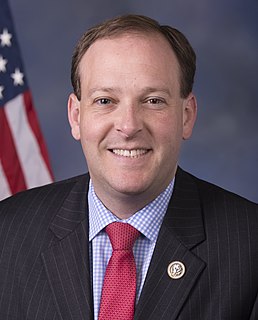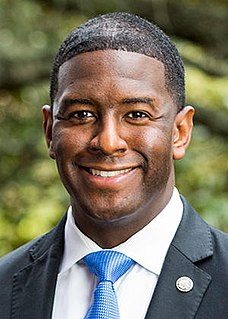A Quote by Lisa Murkowski
I'm not - I'm not going to define people by labels: who's a real Republican, who's not a real Republican.
Related Quotes
The real estate lobby has prominent allies in both parties. After the last major overhaul of the tax code, in 1986 - under a Republican president, Ronald Reagan, a Republican Senate and a Democratic House - it was a Democrat, Bill Clinton, who signed legislation that restored lost real estate tax breaks seven years later.































